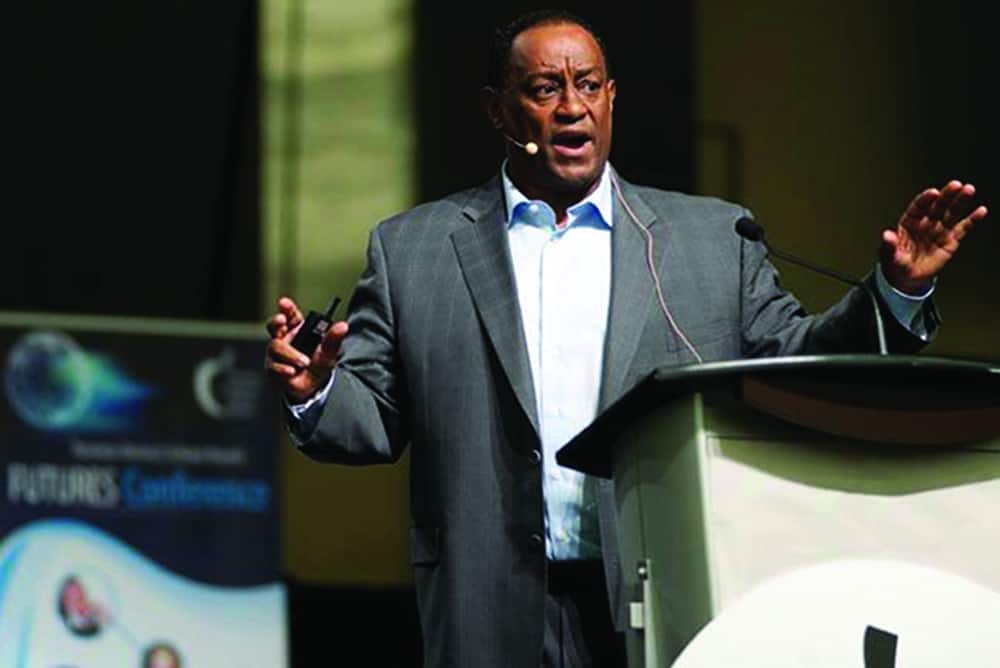A U of T appeals tribunal upheld the June 2017 decision to strip former Toronto District School Board (TDSB) Director of Education Chris Spence of his PhD due to 67 alleged counts of plagiarism found in his dissertation.
In 2013, it was revealed that Spence’s plagiarism spanned articles, books, blogs, and his dissertation. Since then, he has resigned from the TDSB, and in 2016, the Ontario College of Teachers revoked his teaching licence. The university attempted to hold a hearing since then, but it was only able to do so last year.
The original June hearing proceeded despite Spence’s request for adjournment, citing mental health issues. Neither Spence nor his lawyer, Darryl Singer, were present for the hearing. Singer claimed that no penalty should have been given, due to their absences. However, Spence had been previously warned that the hearing would take place whether or not he had counsel, and that it could proceed even if he was not present.
As reported chronologically by the Appeals Board report, the past five years were marked by a constant back and forth between the tribunal and Spence, with Spence repeatedly citing health concerns against the university’s continued attempts to hold the hearing.
With his frequent absences, Spence elongated his hearings with both U of T and the Ontario College of Teachers. However, Spence was unsuccessful in proving his medical claims. A doctor who reviewed Spence’s report claiming health concerns decided that there was not enough evidence to prove that he would be physically or psychologically incapable of participating in the hearings.
Ultimately, in the view of the tribunal, Spence never fully substantiated his claims that he was medically incapable of participating. At the original hearing, Spence’s counsel claimed he was unable to participate due to an anxiety attack the day before. This claim was not medically affirmed.
In his request for appeal, Spence argued that, were he able to participate in the hearing, it would have influenced the outcome. He also argued that the revocation of his degree after a successful 20-year career had an “inordinately serious and inappropriate impact,” which the tribunal found to be reason for a greater penalty rather than a lesser one.
The appeals tribunal expressed that there was nothing irregular about the decision, and that Spence’s claims that he was not given sufficient notice were unsubstantiated.
Singer told the Toronto Star that he intends to bring the case to the Ontario Divisional Court, and that he has until March 2 to file notice if he chooses to do so. Spence also plans to appeal the retraction of his teaching licence.


